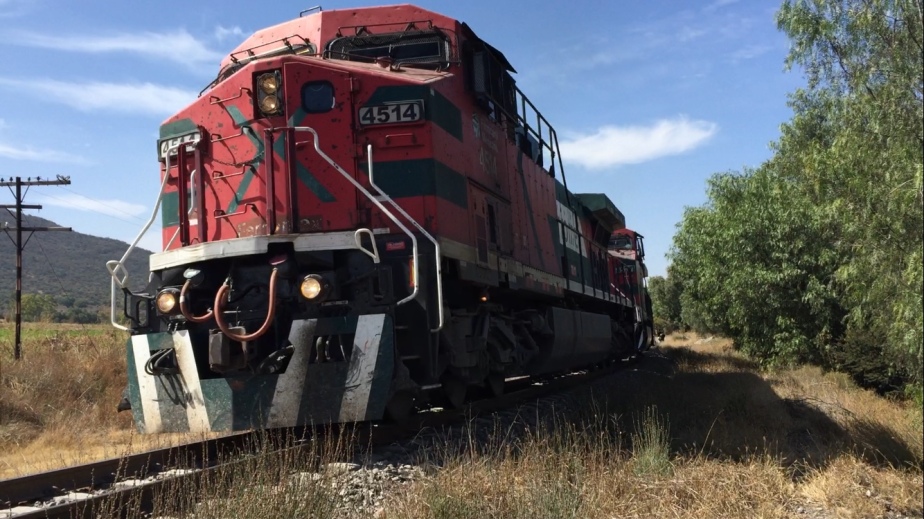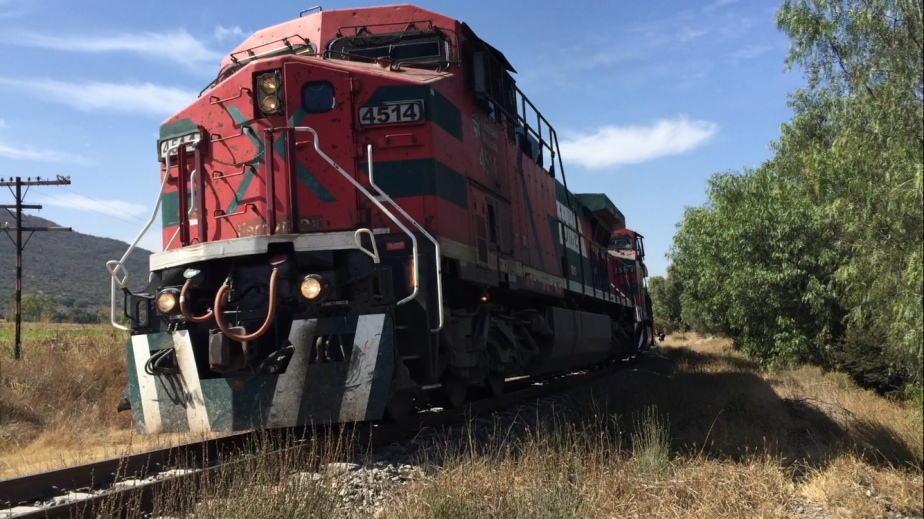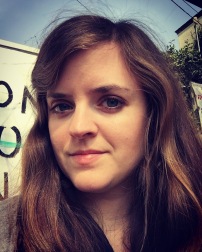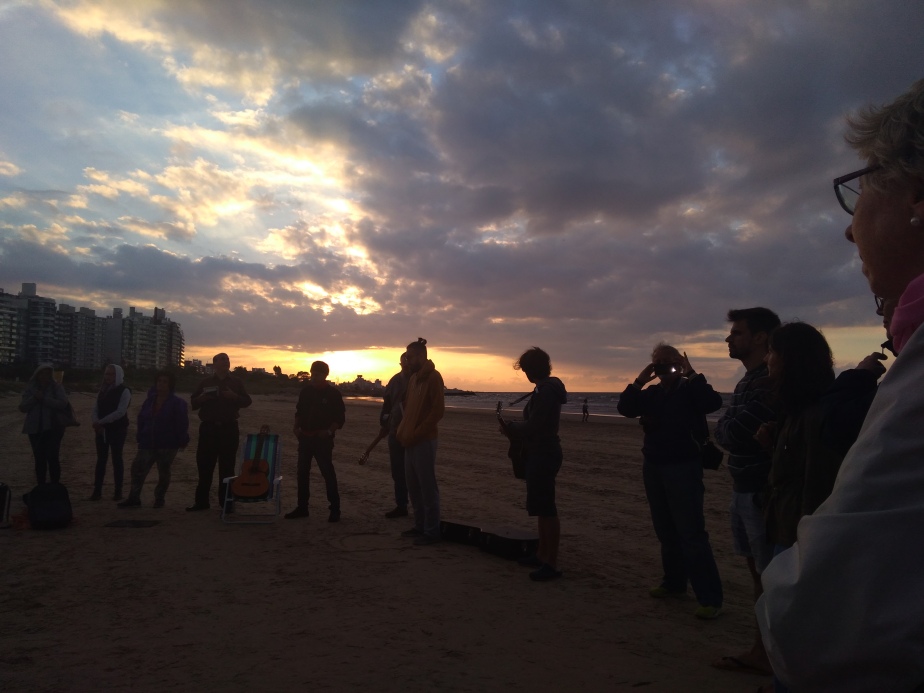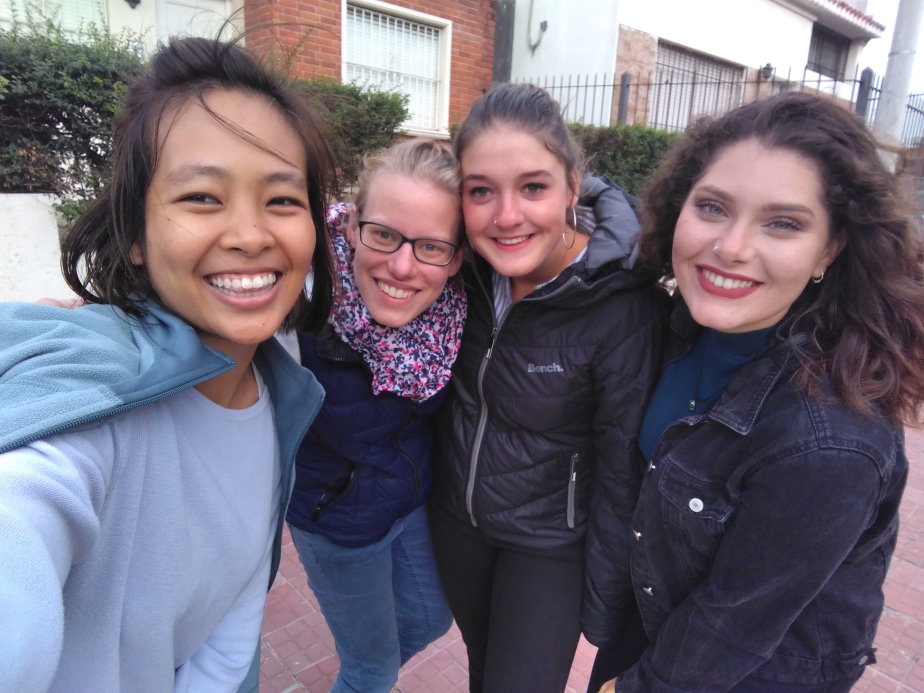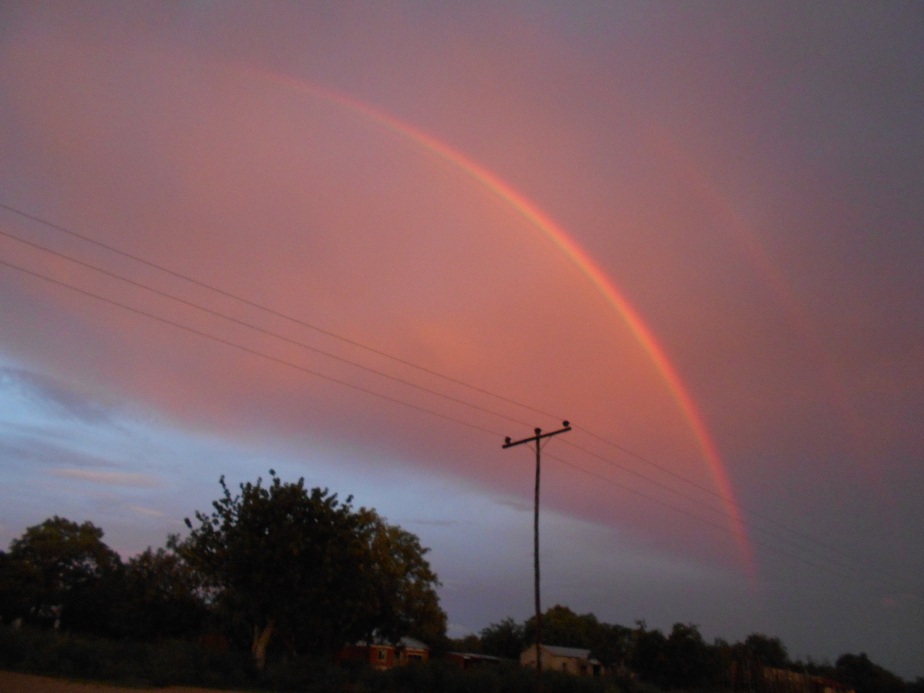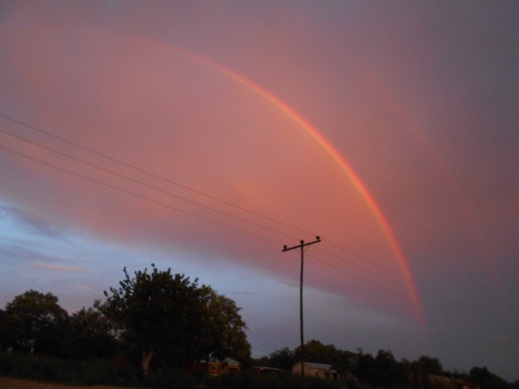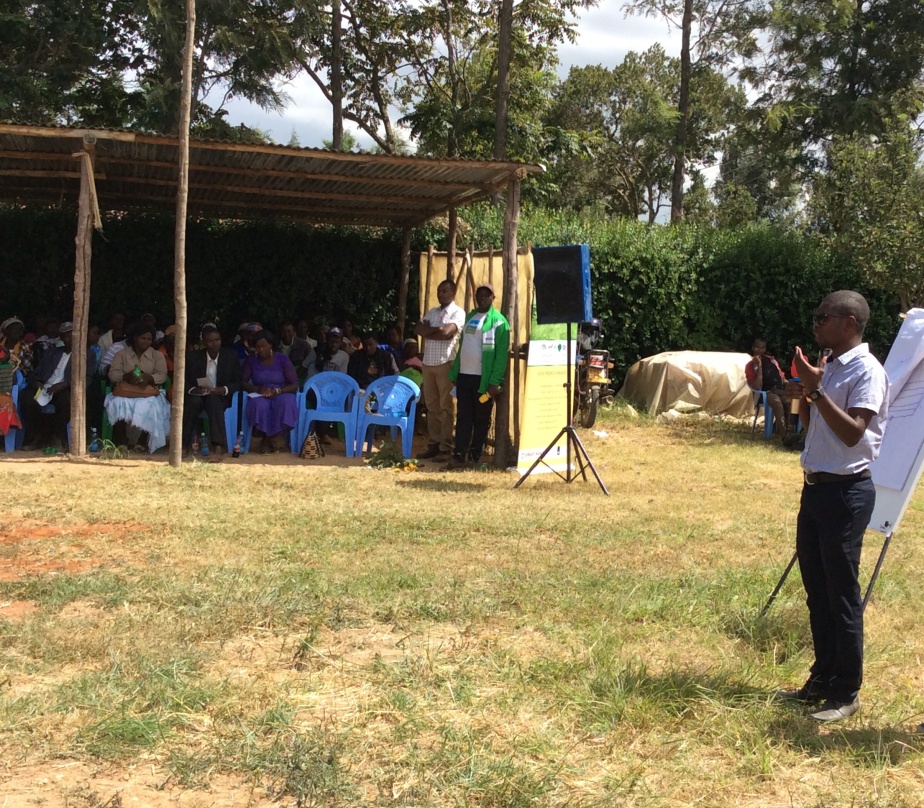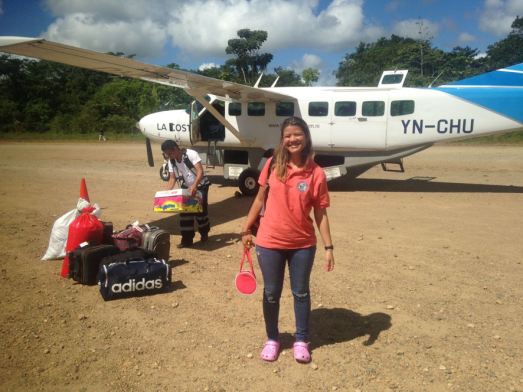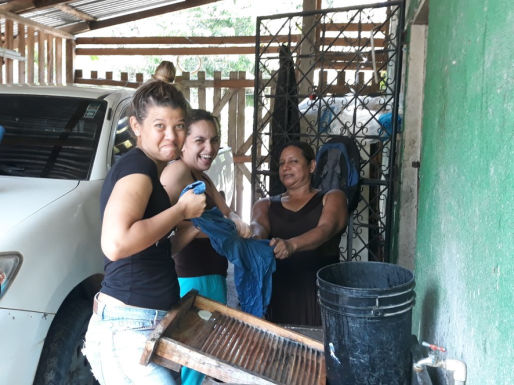The ways through which God carries out his will to us, is incredible. Beyond doubt, as written in Jeremiah 1:5 “I chose you before I gave you life, and before you were born I selected you to be a prophet to the nations.” Being a missionary is not something that I had dreamed of before. However, I always liked the missionary work from the perspective of Christian and developmental activities. In my home context I socially benefited from the missionary works by studying in schools they built, health centers and other important infrastructural activities as well as the Gospel they shared in my Church. By serving God in the Student Christian Movement of Rwanda, I was equipped with more insight and interest to the missionary work Later, I discovered the Global Mission Fellows program.
During the orientation training in Seoul, I was challenged and more open minded about what the Bible says on God’s mission and creative ways to share the Gospel by addressing the root causes of injustice in the world. To get to my place of assignment, it wasn’t an easy process. It reminded me of the commissioning service in Seoul where we declared to God “Put me to doing, put me to suffering,” Months waiting during the visa process, separation with entering a new home and life without friends and family, brings soreness that I have not imagined before. I realized that it’s really God’s mission.
When we have received Jesus Christ as our Lord and Savior, we cannot only bring back hope but also lead people to Eternal life. A lot is happening in this world. There are human being suffering, deaths, civil wars, conflicts, terror, poverty and hunger as well as many other factors that lead countries into chaos and force human beings to flee their homes. There are millions and millions of refugees. They take risky routes through deserts, seas and other terrible ways looking for a refuge. Today, according to the International Organization for Migration report (IOM, 2018 Report) the UN Migration Agency, shows that 3.3% of the world’s population are migrants, with over 40 million people internally displaced and over 22 million refugees. Most of these are people in crisis and in need for help from anyone.
Thanks to countries and church communities in Europe, there are places willing to become a welcoming and helping home with a heart of love for refugees and migrants. There are still some other countries and congregations as well as individuals still need to understand the reasons why people flee their homes. They must stop xenophobia perceptions so that they can be a helping hand by opening doors and borders for human beings to find refuge. We pray for God’s Peace and hope to refugees and migrants, as well as advocating for the respect of human rights and dignity in our daily work.
Brethren, having Christ in our lives brings peace and hope for the future. Apart from whatever social and political support that we can provide or negotiate for to those in need, it’s important also to share Jesus’s love. Through him we have hope and Eternal life. This pushes me to describe missionary service as an overflowing river of life which has Jesus Christ as its foundation. Every single day, I see God’s love and work at my disposal. I am thankful to God and feel more dedicated to God’s mission.
I understood that many around the world suffer and have very few to understand them. It is horrible to have a broken heart, and yet you don’t even know where your help could come from. In Romans 10:14 the Bible tells us “But how can they call to him for help if they have not believed? And how can they believe if they have not heard the message? And how can they hear if the message is not proclaimed?” I thank God for the Churches’ Commission for Migrants in Europe (CCME), where I am serving now, to work for justice and peace by addressing migration and Asylum policies along with fighting racism and discrimination in Europe. I am growing tremendously and proud of our work.
“Let us be like rivers for justice and love, givers of hope to the humanity. Let the little light of yours shine.” Math 5:14-15
Jean Pierre HABIMANA
GMF-International, Class 2017-2019
Belgium #3022373
